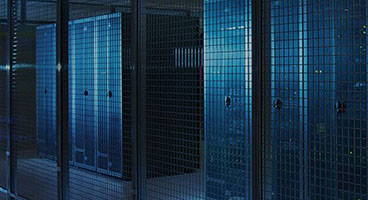In this article you will read
- how the Host Security Service increases the security of your workloads in the cloud,
- which specific security functions run automatically in the background,
- and how you can eliminate complexity, open ports, weak passwords and risky authorization settings with the help of AI.
Cloud security is a key issue when using the cloud. With the Host Security Service (HSS), the Open Telekom Cloud is introducing a new suite of security services that enables comprehensive, automated security management of complete application landscapes.



